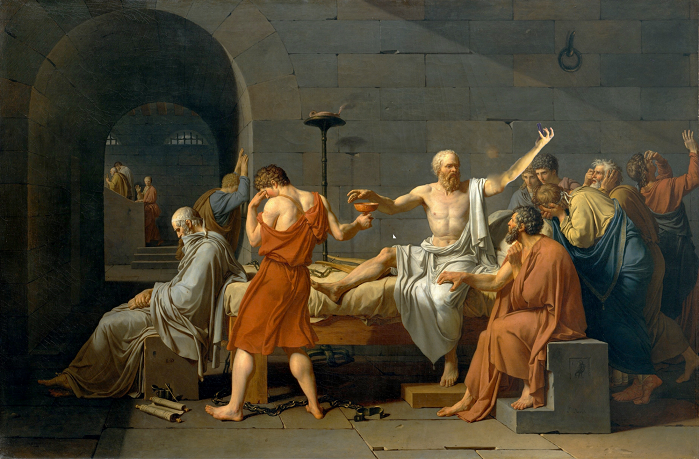In the majority of the vernacular and more and more irreconcilable, there is one naive awareness of the religion, according to which law and religion are reciprocated. Whoever receives the laws, that he can deny or, after all, must hide God, he must deny the lawfulness. For Anaximus is incorrectly said, he declared, "theological negligence", when he learned about the inherent legitimacy of the origin and development of the world, and at the same time he believe in gods. In the same vein, it has been a theological obligation, for which the divine nature is already connected with the natural legitimacy and indispensability. He did not give anything and did not give any expression of atheistic attitudes, so that the acceptance of the gods is not contrary to him, and he is also a logical conclusion.
When the end of the V century BC. Hr. Milet ultimately fell under the Persian authorities, and this brought an end to the rise of the Ionian Philosophy and, as I see it, the philosophical life was transferred to another area of Great Greece. However, the striving to explain the fears by looking at the physical grounds, such as in militia, was observed more slowly. For this I can speak for the more recent representatives of the Ionian School. Aristotle has been presented to a number of authors by authors, who are referred to as "physiologists" who have taken the first anatomical substance, medium between the air and water, or between the air and the air. Diogenes Apollonian, born probably on the island of Crete, made the greatest contribution to the relationship and generality of the Ionians in the religion, and in the second half of the V century, it was a known time in Athens. His main work was bearing the name "periphyseos". The majority of his teachings have historically been seen in the struggle for monoism, in adopting a single basic principle, as opposed to the emergence of dualistic and pluralistic teachings of Empedocles and Anaksagor at the present time.
At the very beginning of its creation, Diogen argued that the principle of global diversity is one and the same starting point, one and the same substance. Otherwise, if a lot of diverse beginnings are adopted, it is not clear how they can move to one another, that they are one to another. So all the things in the world, objects, plants, animals and other things must be considered as the appearance of one and the same substance. We note, however, from one side of a series of objects and images, on the other hand, one intelligence of intelligence, not only in the animals and the horizon, but also in the fairness of the universe, by virtue of which everything: winter and summer, day and night , rain and sunshine - everything is done beautifully. Consequently, both the numerous objects and the reasonableness of nature must be derived from an intrinsic, non-immaterial substance, which, according to Diogenes, is still large, powerful, eternal, non-immortal, and everywhere. She begs her faithfully at the beginning. According to Diogen, it's all just starting out in the air. By combining and cutting-or which is all the same, through empowerment and action, all objects and manifestations of the world including the human breathing / "psyche" /, the reasonableness of the world are obtained.
The air is the first and the finest of all things. And, in fact, it all came from it, after that it's all about it, it's all strengthening, everything is okay, and we all know it. But if the air is the finest among all objects, on one side it has different degrees of fineness and heat. For example, the mental air is much warmer and out of the air. It is possible, however, to gradually monitor transitions from finer to worsted and vice versa. The Diogenes study shows that the soul of man and his reasonableness with only fine air was just another exception to Aristophanes, who bribed ironically that the birds had to notice, why they breathe high in the air. Socrates presented it in a hive, set high, to breathe a fine air, as though he thought of a divine heaven.
